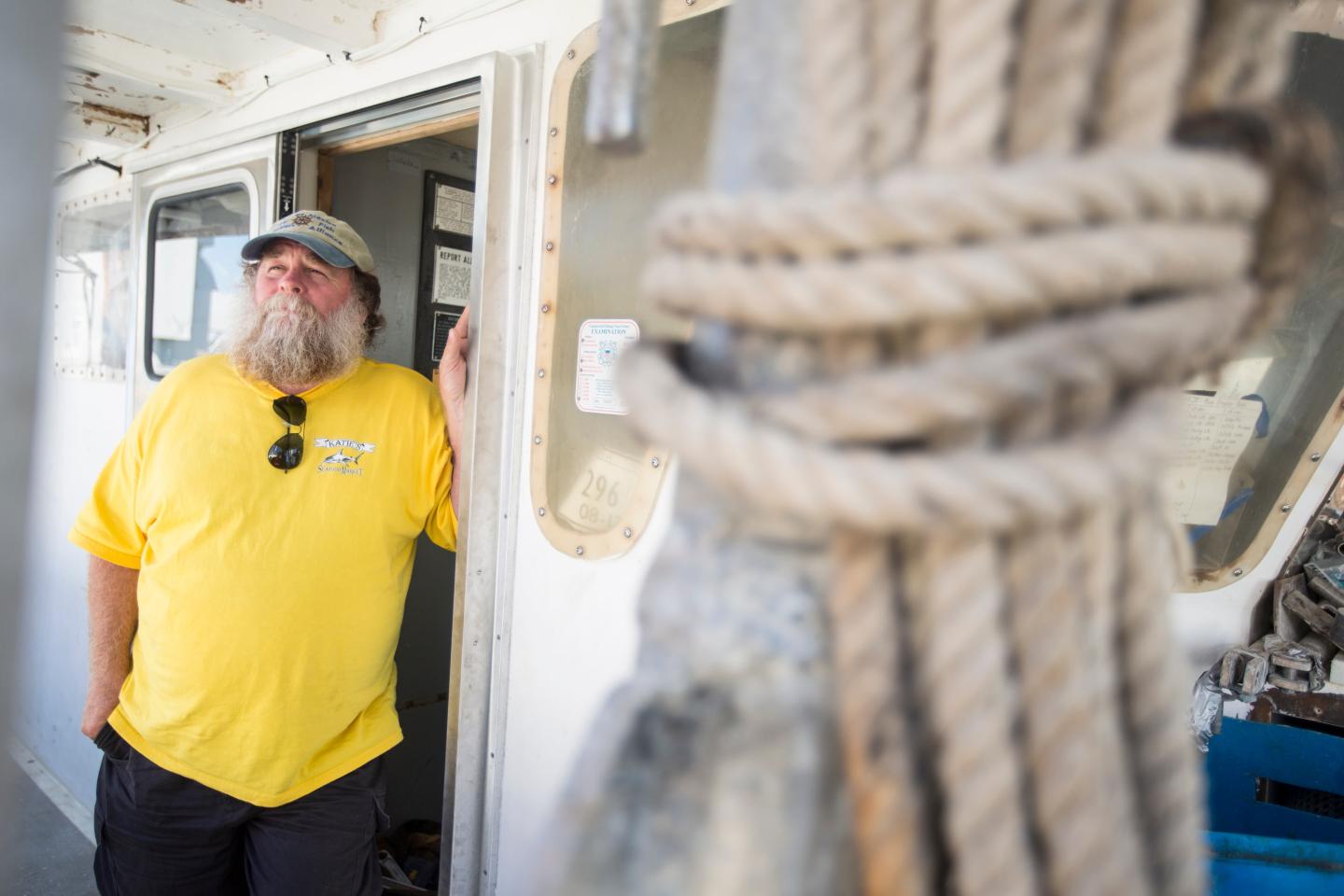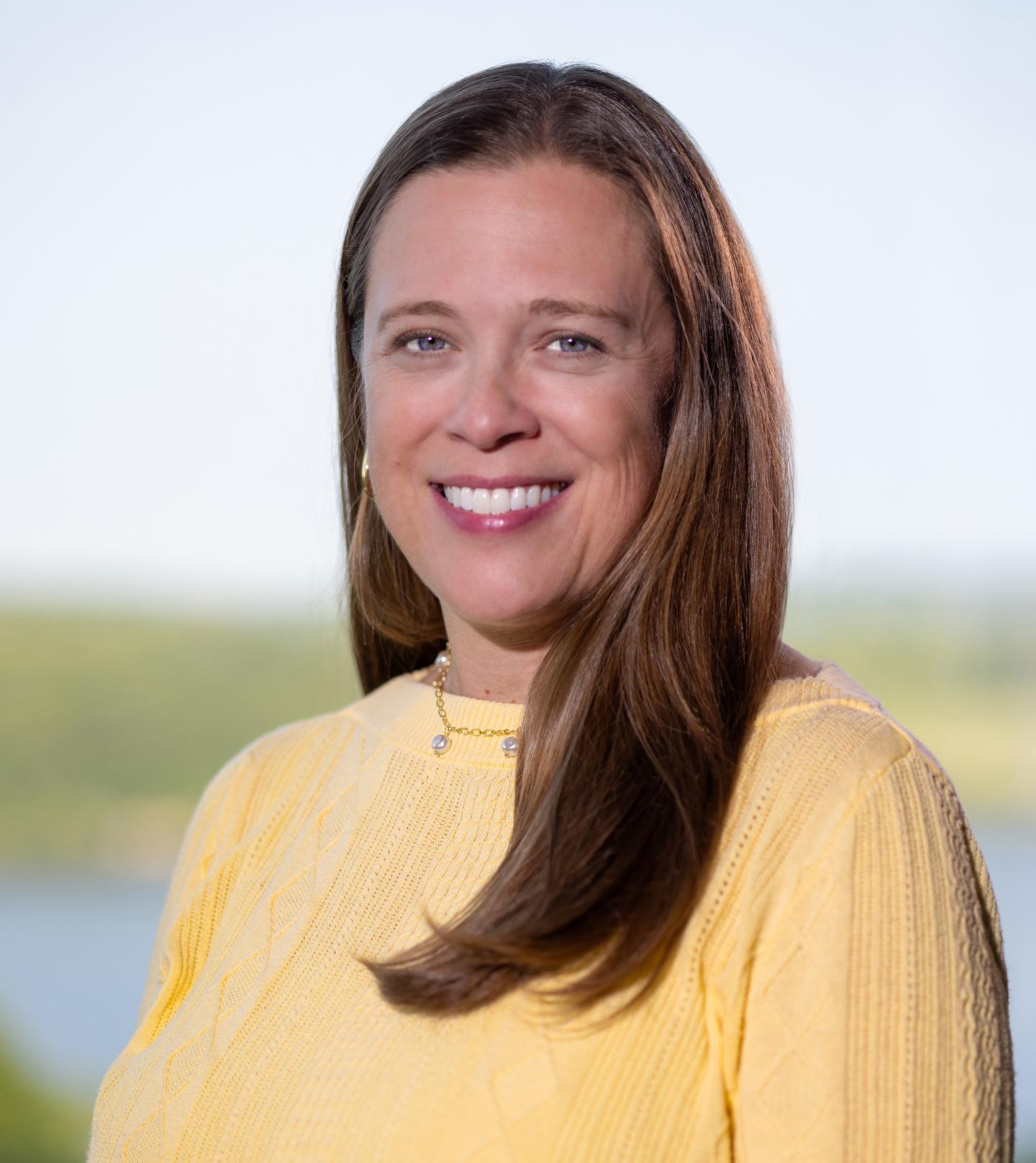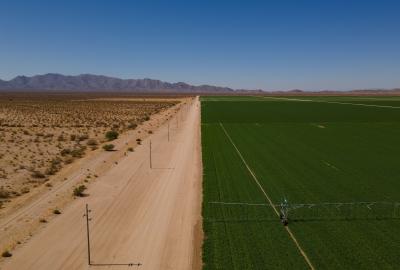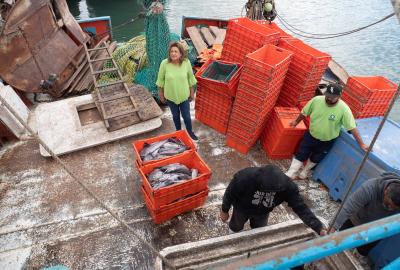The little-known success story of unlikely allies who saved Gulf Coast fishing
Texas Fisherman Keith “Buddy” Guindon used to catch more red snapper than anyone else along the Gulf Coast.
But when fish populations crashed and communities struggled, the council that manages commercial fishing in the Gulf proposed a new management system designed to rebuild the fishery.

At first, Buddy was against it. “I was still winning,” he says, admitting he worried that any change could hurt his business. But a few short months after the plan rolled out, he realized how wrong he had been. Under the new system, fishermen were earning more while catching less — allowing red snapper populations to rebound.
Buddy soon joined forces with the Environmental Defense Fund experts who had championed the new management system. Together, they inspired a quiet revolution in fishing.
It’s a remarkable success story that inspired a new book called Sea Change: Unlikely Allies and a Success Story of Oceanic Proportions by EDF Executive Director Amanda Leland and James Workman.
We sat down with Leland to find out more.
Sea Change is a conservation success story that many people haven’t heard of. What is this book about?
Fishing used to be the most dangerous job in America. Fishermen were literally dying at sea because, under the old system, they had to race each other to catch fish before someone else did, even if it meant going out in dangerous conditions. The solution that EDF experts helped advance — called “catch shares” — stopped that dangerous race, helping fish populations and coastal communities to rebound and regain stability.
What are catch shares?

Basically, it’s a solution that enables fishermen to become stewards of the sea.
First, scientists determine how many fish in any given fishery can be caught while still building and sustaining healthy fish populations. Then, commercial fishermen are guaranteed a percentage of the total annual catch. Once they’ve caught their limit, they stop fishing. Fishermen are rewarded financially as those fish populations recover.
To mix metaphors for a minute, a bigger pie means everyone gets a larger slice. More fish means more profit for everyone. Providing a guaranteed share also ended the race to fish, which had cost too many fishermen their lives and wellbeing. Fishermen also began getting a better price per pound at the dock.
It’s a model that’s helped rebuild key fisheries in the U.S. and supported sustainable management in hundreds more fisheries worldwide.
Why did you decide to share this story now?
This book is fundamentally about how to find common cause with people who you think will never agree with you on anything. That’s why I think this story is needed now. At the moment, environmental protections are being rolled back in the U.S., and it’s hard to find bipartisan support for our work at the federal level. This story is a reminder that lasting progress comes from listening to others, including people you don’t agree with, and finding a way to pair your goals with their goals.
What do you hope people take away from this book?
To solve complex problems, whether it’s overfishing or climate change, we need to meet people where they are, not judge them for where they are not. If you can do that, you never know where you might find an ally — and maybe meet in the middle.
To learn more, click here.

